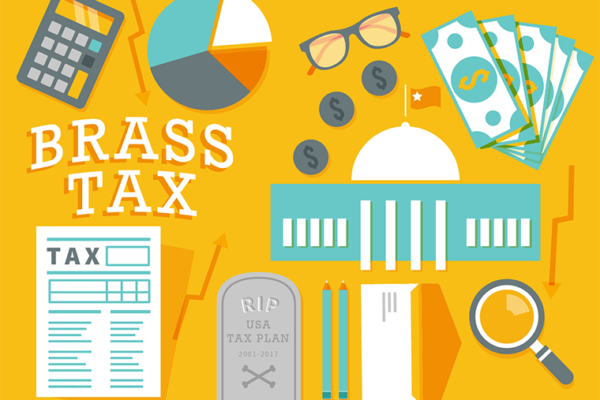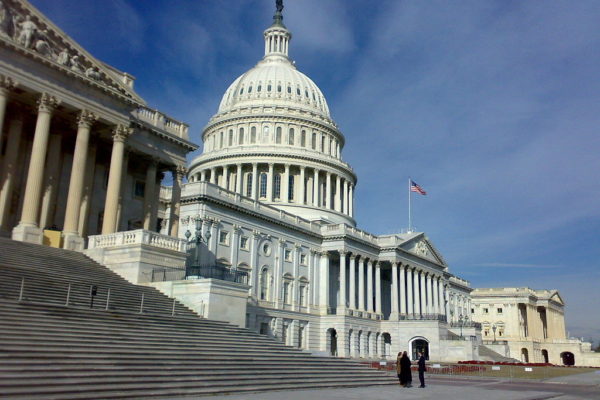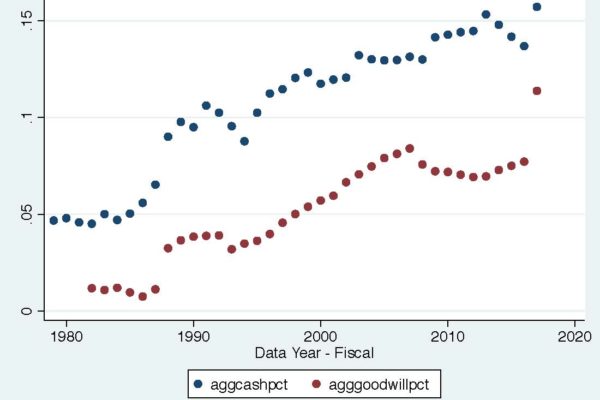Cutting through the politics of tax reform
As Americans begin to file their last returns under a fading tax system, as President Donald Trump concludes his first State of the Union with a great emphasis on the economy, as the world watches this country undergo tectonic changes, it’s time to cut through the politicking and positioning. Washington University in St. Louis compiled researchers and experts across campus to attempt to put the new tax reform into perspective, plainly speaking.
Republican Congress got tax bill victory, but at what price?
Congressional Republicans agree on tax cuts more than they agree on nearly any other issue. Tax cuts have been central to Republican economic policy since the mid-20th century.
CEOs didn’t ask for this, but they’ll take it to the bank, shareholders
It’s curious that we heard very little from the C-Suite in the deliberations leading up to the Dec. 22 signing of the Tax Cuts and Jobs Act. What makes this curious is that the goal of the act was to increase GDP growth above 3 percent by stimulating corporate investments to increase productivity, but no one seemed to be asking CEOs whether the tax cut would have that effect.
Plan will reduce the allure of home ownership
Overall, aspects of the tax-reform package will reduce the attractiveness of home ownership and mortgages, and it may even adversely affect home prices going forward.
WashU Expert: Trump’s Muslim ban based on animus
While courts around the United States have found President Trump’s travel ban on Muslim-majority nations unconstitutional, the courts may have overlooked an important point, says an expert on law and religion at Washington University in St. Louis.
WashU Expert: Syrian air strikes not in line with international law
Although one can fault the Obama administration for its tepid policy towards Syria, President Donald Trump’s April 6 air strikes against a Syrian military base take the U.S. policy towards Syria to a new low, said an expert on international war crimes at Washington University in St. Louis.
WashU Expert: What’s next after Clean Power Plan executive order
As the EPA takes next steps to replace the Clean Power Plan, an engineer at Washington University in St. Louis who studies fossil fuel combustion says this week’s move will make it difficult for power providers to plan for the future.
WashU Expert: More must be done to address opioid crisis
Opioids, including heroin and prescription drugs, killed more than 33,000 people in 2015, more than any year on record, according to the CDC. President Trump’s proposed budget aims to address the crisis with a $500 million increase in prevention and treatment, but it isn’t enough to address the issue, says an expert on substance use disorder treatment.
WashU Experts: Science cuts would cause ‘chilling effect’
Proposed federal budget cuts to two major programs could translate into fewer treatments, fewer cures, fewer drug findings, fewer researchers and fewer breakthroughs in areas where the United States is a world leader, say science and health experts at Washington University in St. Louis.
WashU Experts: Arts cuts could prove ‘dire … irreversible’
While President Trump’s proposed $970 million budget cuts in the arts and humanities account for less than one-tenth of a percent of savings in the administration’s $1.1 trillion federal budget plan, the effect could gut culture and diminish quality of life across the United States if not the world, say experts at Washington University in St. Louis.
View More Stories









